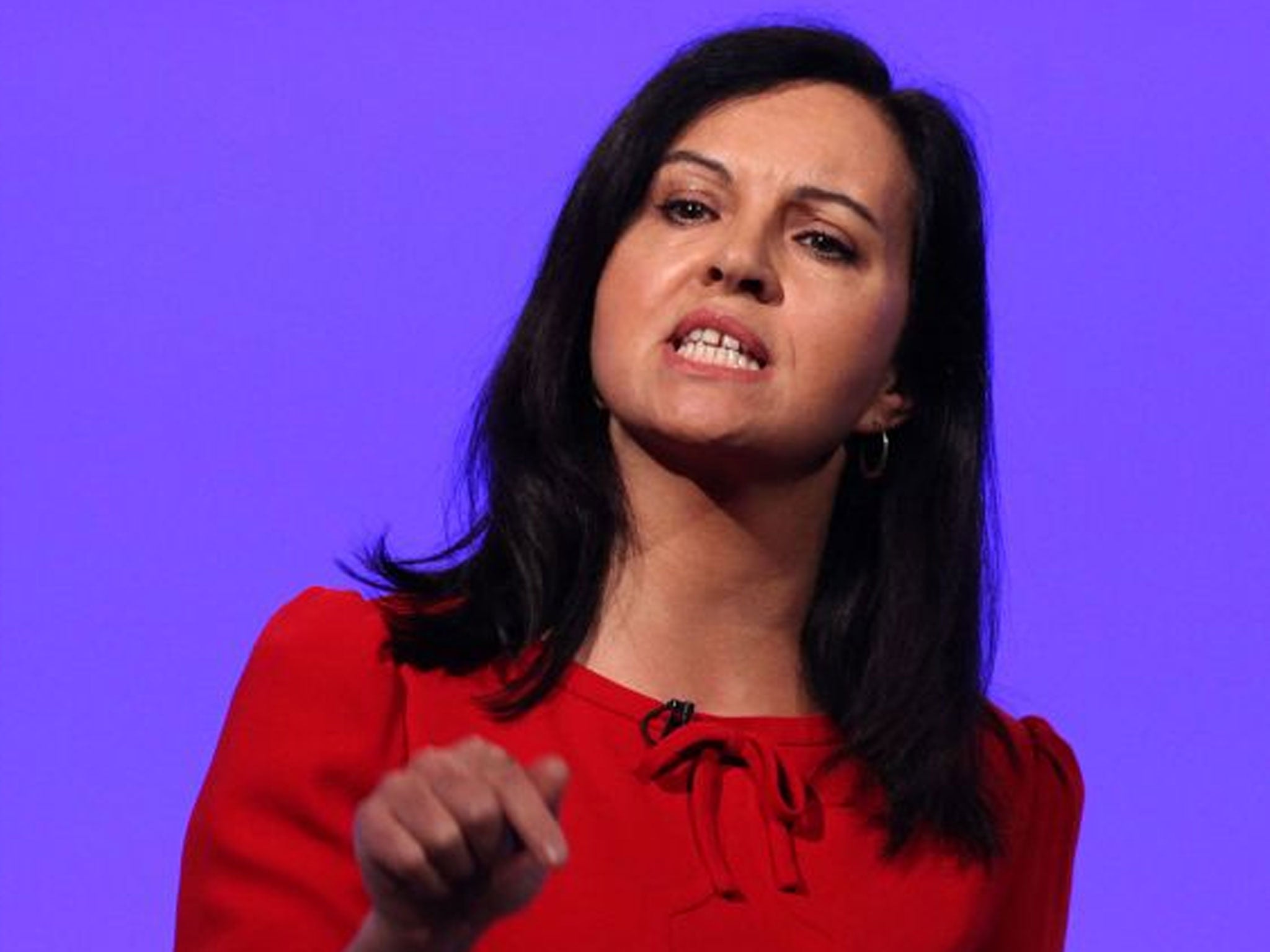Shadow Energy Secretary Caroline Flint accuses the 'big six' energy firms of over-charging

Your support helps us to tell the story
From reproductive rights to climate change to Big Tech, The Independent is on the ground when the story is developing. Whether it's investigating the financials of Elon Musk's pro-Trump PAC or producing our latest documentary, 'The A Word', which shines a light on the American women fighting for reproductive rights, we know how important it is to parse out the facts from the messaging.
At such a critical moment in US history, we need reporters on the ground. Your donation allows us to keep sending journalists to speak to both sides of the story.
The Independent is trusted by Americans across the entire political spectrum. And unlike many other quality news outlets, we choose not to lock Americans out of our reporting and analysis with paywalls. We believe quality journalism should be available to everyone, paid for by those who can afford it.
Your support makes all the difference.Caroline Flint, the shadow Energy Secretary, threw down the gauntlet to the big six energy companies yesterday, accusing them of over-charging customers and challenging them to close down their retail arms if they were unhappy with their profits.
In a strongly worded attack, Ms Flint questioned why the big six energy suppliers insisted that they needed a 5 per cent profit margin when their European counterparts managed on 2 or 3 per cent and said these margins had inflated the UK electricity price.
“When the big six suppliers say they don’t make any money out of it, I think, well why are you doing it then?... But I can’t see any suppliers pulling out any time soon,” she said.
The big six, which include British Gas, EDF and SSE, have a generation business, which produces energy and sells it into the wholesale market, and a retail arm, which supplies households. According to their accounts, the generation arms typically make a profit margin of between 10 and 25 per cent, which they justify on the basis that they need to invest heavily in new infrastructure. Meanwhile, their retail arms appear to make a much smaller profit margin, of around five per cent and with the big six frequently complaining that they make little to no profit and sometimes even a loss.
Join our commenting forum
Join thought-provoking conversations, follow other Independent readers and see their replies
Comments